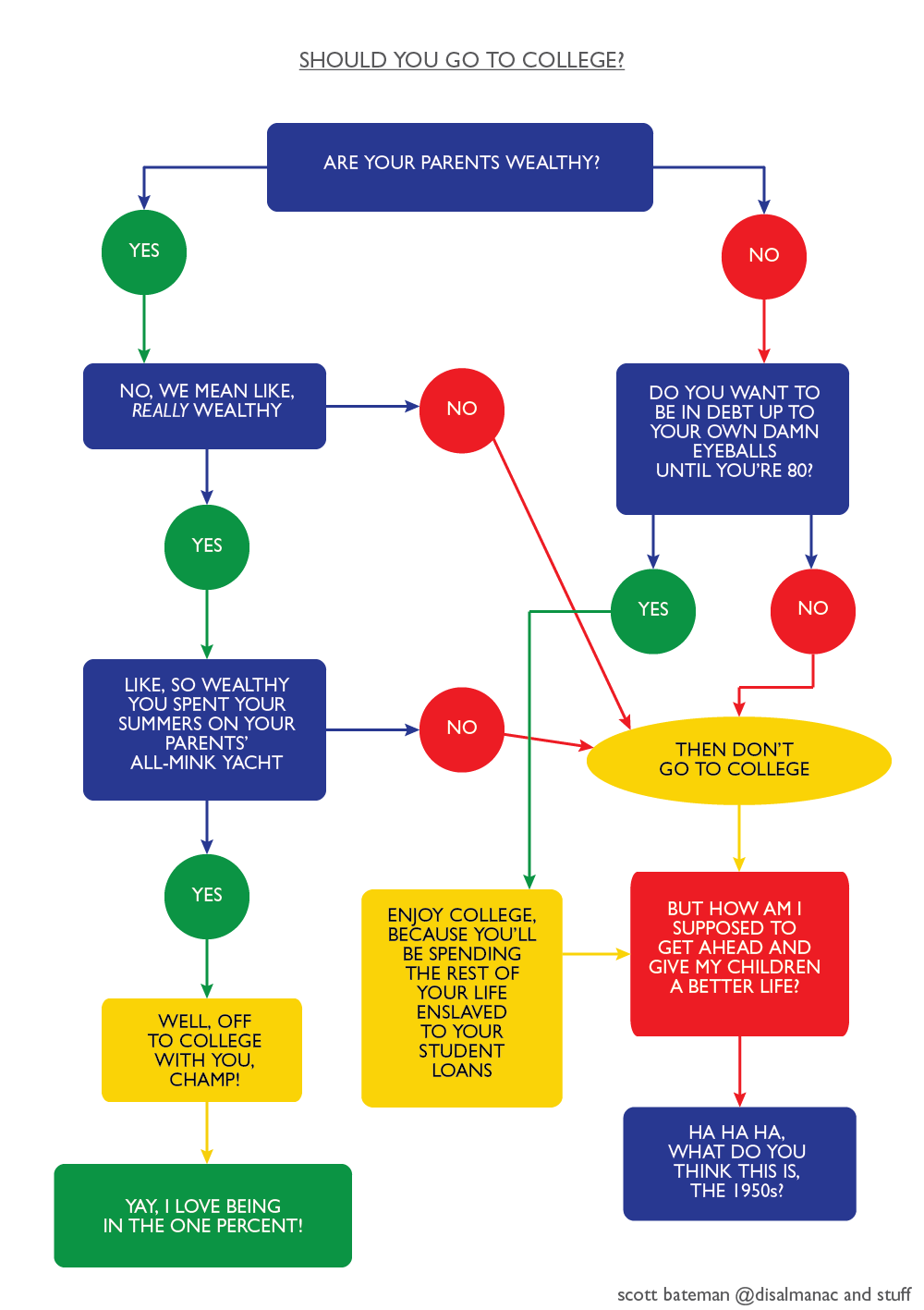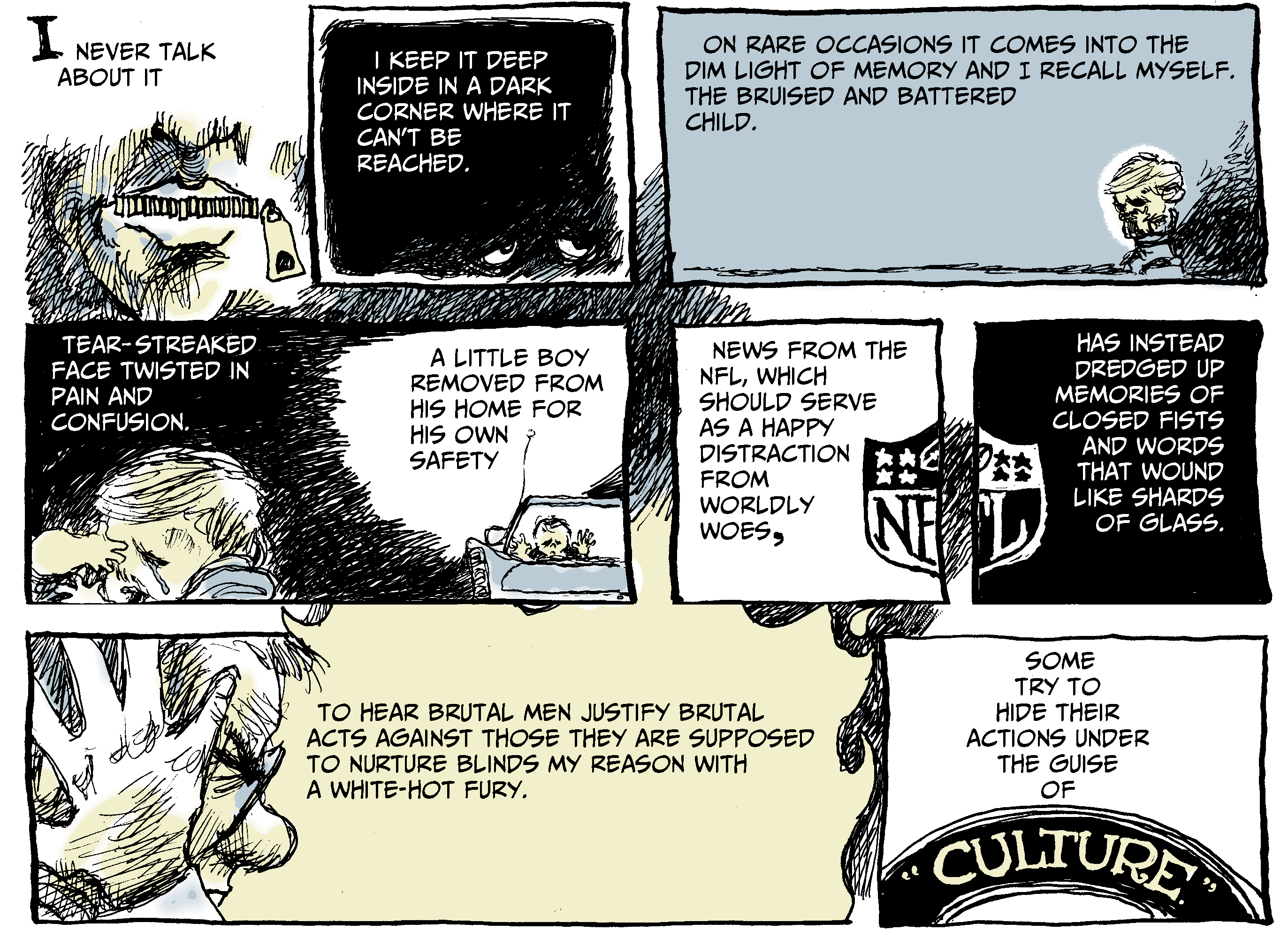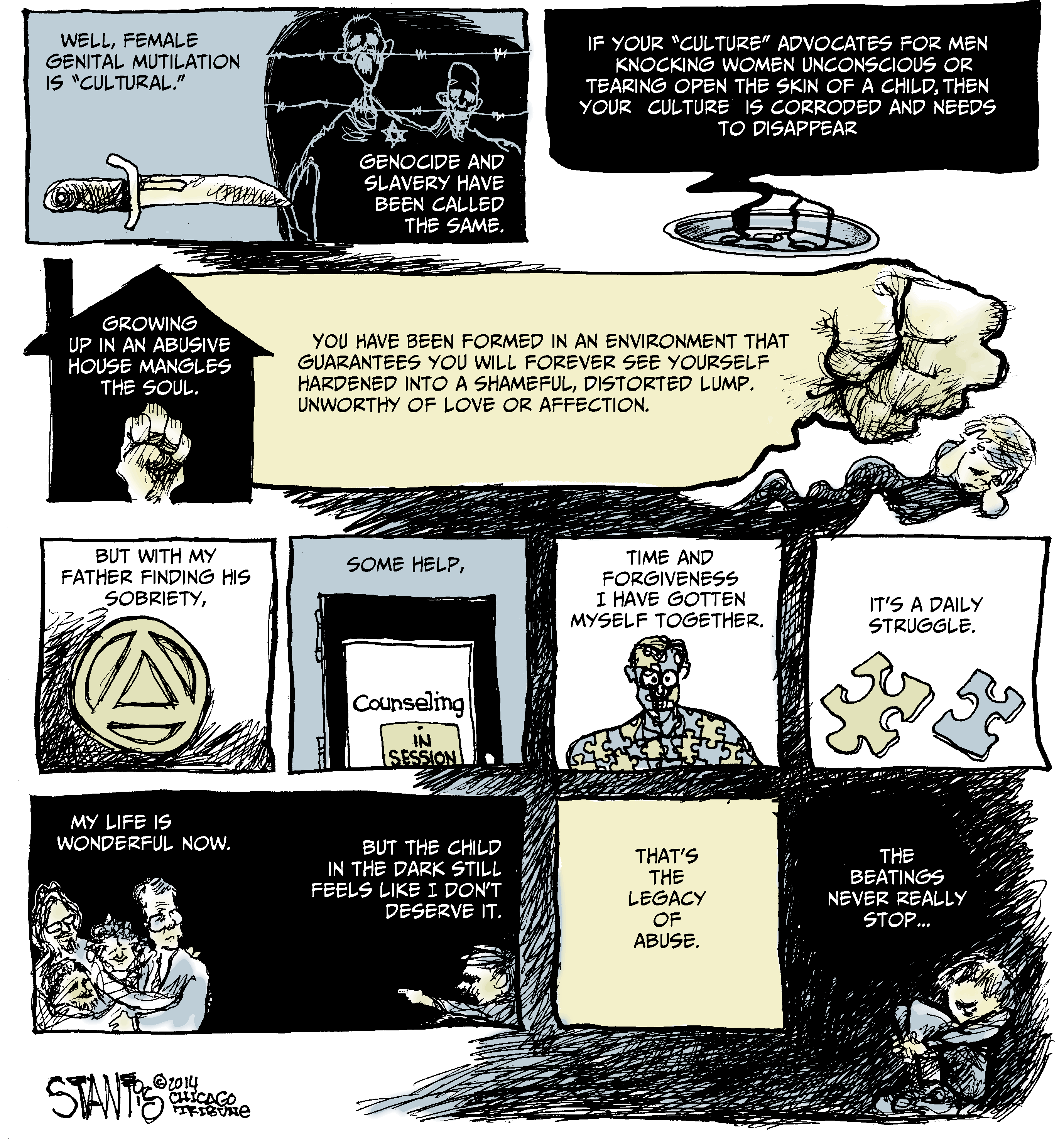By FRANK CARINI, ecoRI
In fact, it’s no secret that many of the taxes that have been
spewed forth by D.C. lawmakers for decades as ways to help the middle class are
nothing more than a charade.
For example, as economist Joseph Stiglitz documents, the
mortgage interest deduction provides more assistance to rich homeowners than to
the middle class, because it “encourage excessive housing consumption and
excessive borrowing — not surprising, given the political clout of our banks.”
Stiglitz, who received the 2001 Nobel Prize in Economics, notes
in a white paper recently published by the Roosevelt
Institute that the U.S. government provides more housing
assistance to the rich through an elaborate tax system than it does to the poor
through public housing.
Our rigged tax system helps explain why middle-class incomes,
adjusted for inflation, have barely increased in decades. From 1978 to 2013, a
typical worker’s compensation rose just 10 percent. In that same 35-year
period, CEO compensation, adjusted for inflation, increased 937 percent, a rise
more than double stock-market growth, according to the Economic
Policy Institute.
Taxes are an integral part of a well-functioning economy, and
society. After all, this country’s two most successful and innovative
industries at the moment — high tech and biotech — were propped up by
government research and funding.
















